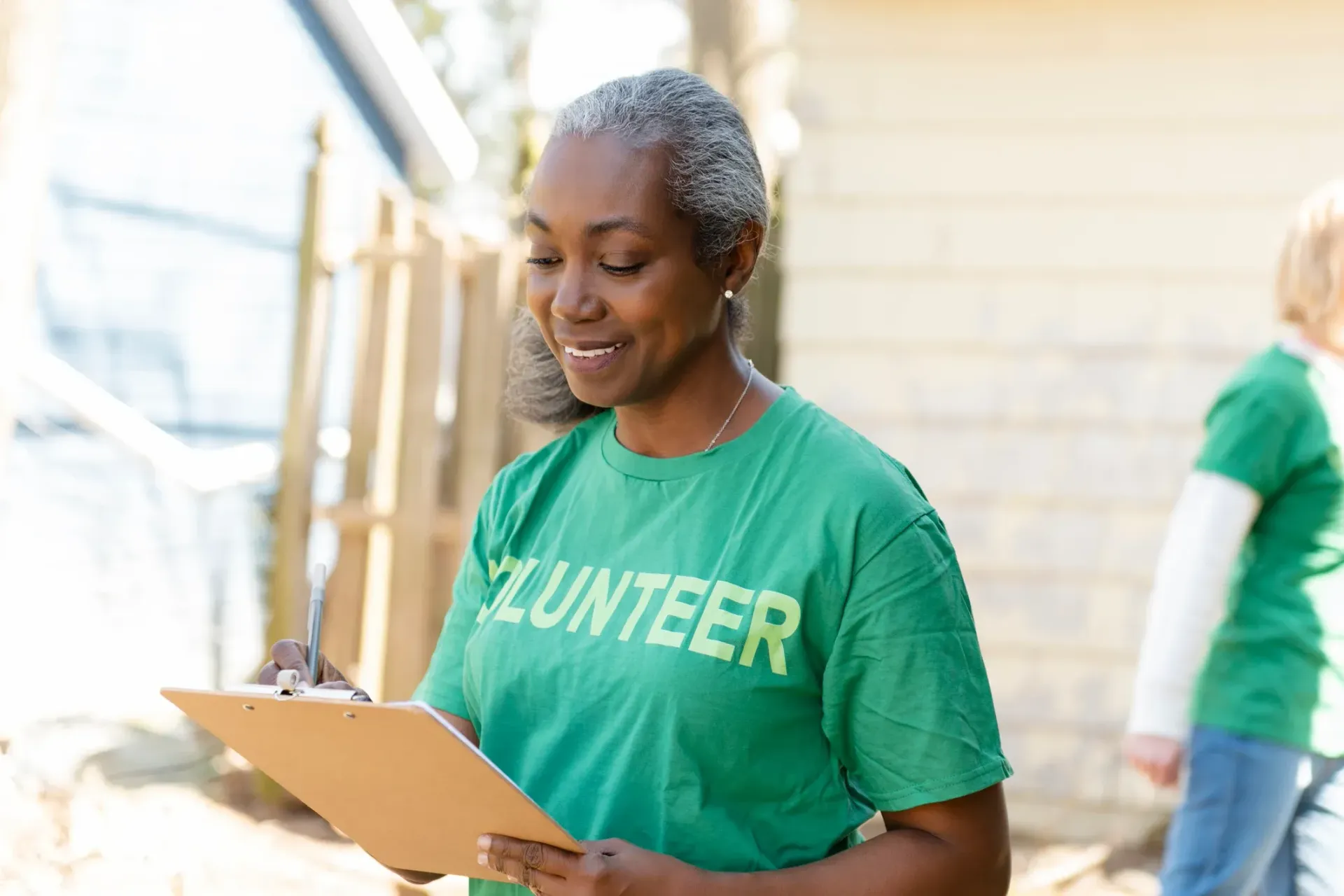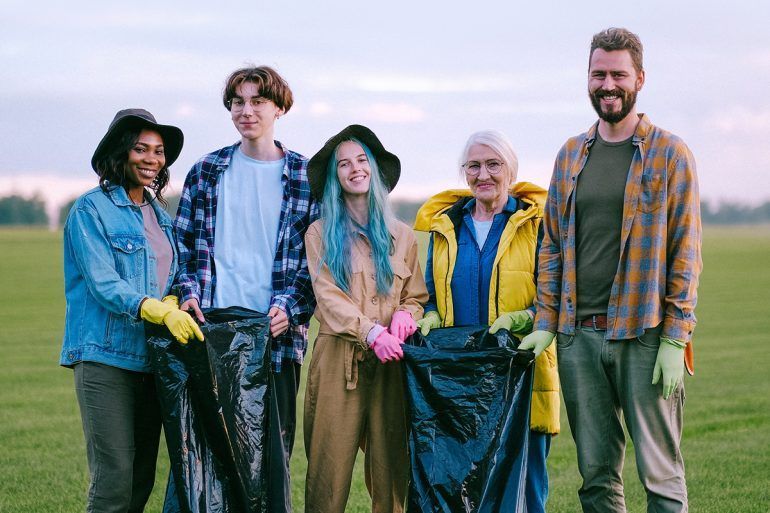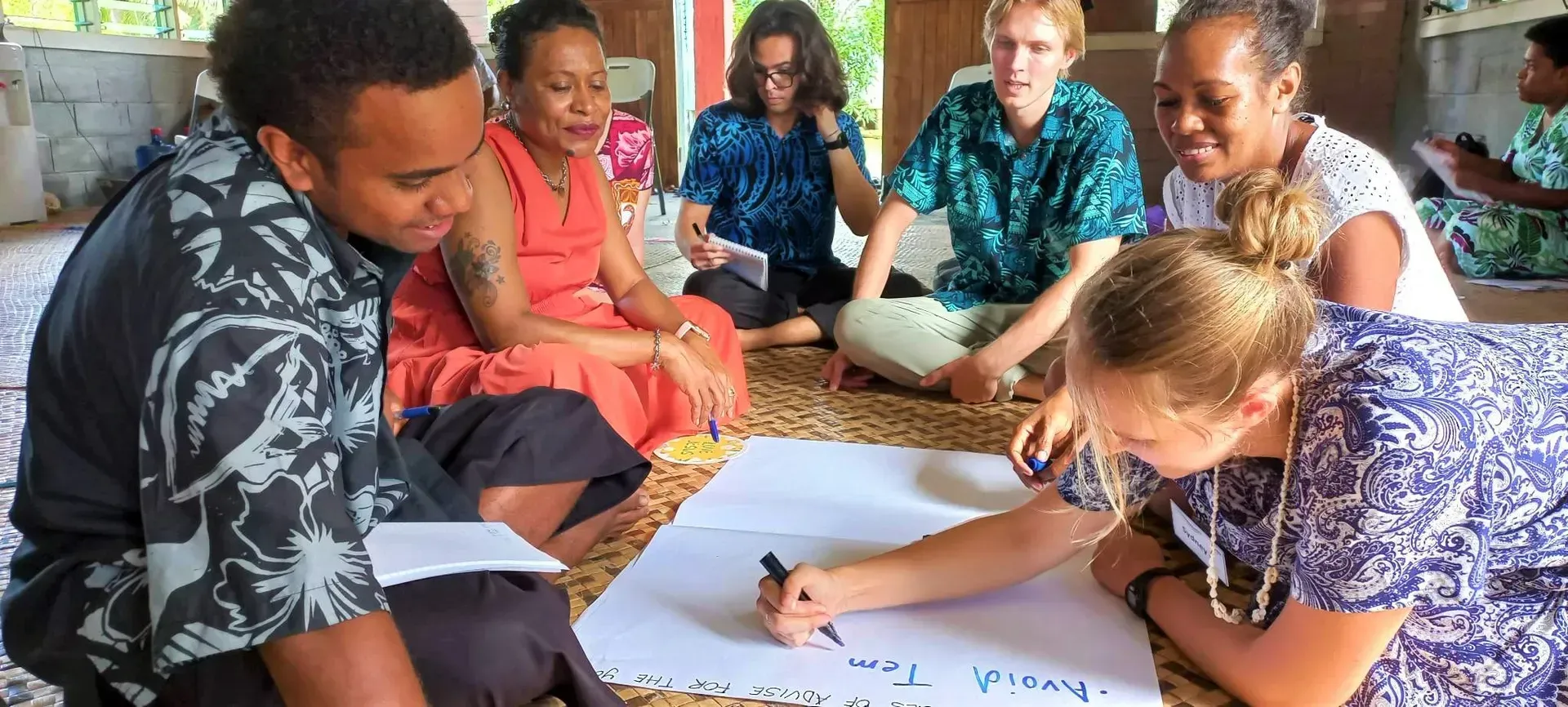Can Volunteering Help With My Mental Health or Burnout?
TLDR;
Yes, volunteering can significantly improve mental health and reduce burnout. It provides emotional relief, boosts mood through neurochemical responses, and restores a sense of purpose and connection—especially when aligned with meaningful causes or communities like those supported by
CleanUP USA across Texas.
The Powerful Link Between Volunteering, Mental Health, and Burnout Recovery

Mental health challenges and burnout are becoming more common in today’s high-stress environments. Whether you're overwhelmed at work or feeling emotionally drained from daily life, the idea of giving your time away might seem counterintuitive. But research and real-world experience suggest otherwise—volunteering can be one of the most transformative acts for healing.
Mental Health Benefits You Can Expect from Volunteering

Reduces Stress and Anxiety
Volunteering can shift your focus away from personal stressors and offer a healthy routine.
- Engaging in meaningful tasks breaks anxiety cycles.
- Creates structure and predictability in your week.
- Releases endorphins that counteract cortisol (stress hormone).
Boosts Mood and Life Satisfaction
- Feeling appreciated improves emotional resilience.
- Purposeful actions build identity and emotional clarity.
- Studies from NAMI and Taylor Counseling show even small weekly volunteering leads to measurable mood improvement.
Enhances Self-Esteem and Purpose
- Gives individuals a chance to feel valuable again, especially during personal struggles.
- CleanUP USA has seen increased confidence in volunteers who help with community mobile services like showers and free haircuts.
Alleviates Burnout and Compassion Fatigue
Burnout isn’t just exhaustion—it’s emotional depletion. Volunteering, done right, can recharge rather than drain.
- Reconnects you with “why” you care in the first place.
- Can shift your energy toward life-affirming activities.
- Especially valuable for professionals in high-empathy roles (healthcare, social work, mobile outreach).
Important: Avoid over-volunteering—this can cause secondary burnout or compassion fatigue. Limit your involvement to 2–3 hours weekly to maintain balance.
Improves Social Connection
Loneliness is a silent driver of burnout. Volunteering helps:
- Build genuine relationships.
- Feel part of a community or shared mission.
- Reinforce your sense of belonging and reduce isolation.
For those hesitant about social interaction,
volunteering with social anxiety is absolutely possible—and often beneficial. CleanUP USA encourages group-based service in supportive, low-pressure environments. These interactions foster long-lasting emotional resilience without forcing overwhelming social exposure.
Volunteering That Works: Formats and Fit

In-Person vs. Virtual Volunteering
Both offer mental health benefits, depending on your lifestyle and emotional needs.
- In-person: Greater connection, more physical activity.
- Virtual: Convenient, less emotionally intense, good for those recovering from burnout.
Skills-Based Volunteering
Use your expertise (e.g., digital marketing, HR, healthcare) to help nonprofits like CleanUP USA. This provides:
- A sense of contribution without overextension.
- Easier integration into your weekly schedule.
Mental Health Peer Support Roles
Volunteering with organizations like HeartSupport Texas allows you to:
- Share lived experience.
- Help others through similar emotional struggles.
- Create meaning from your own healing journey.
Texas-Based Opportunities
Organizations making a difference include:
- CleanUP USA – Mobile services for underserved communities.
- Texas HHS – Volunteer for healthcare outreach, administration, and crisis programs.
- HeartSupport TX – Emotional peer support for youth and young adults.
- Mental Health America of Greater Houston – Public education and outreach.
How to Get Started with Volunteering in Texas
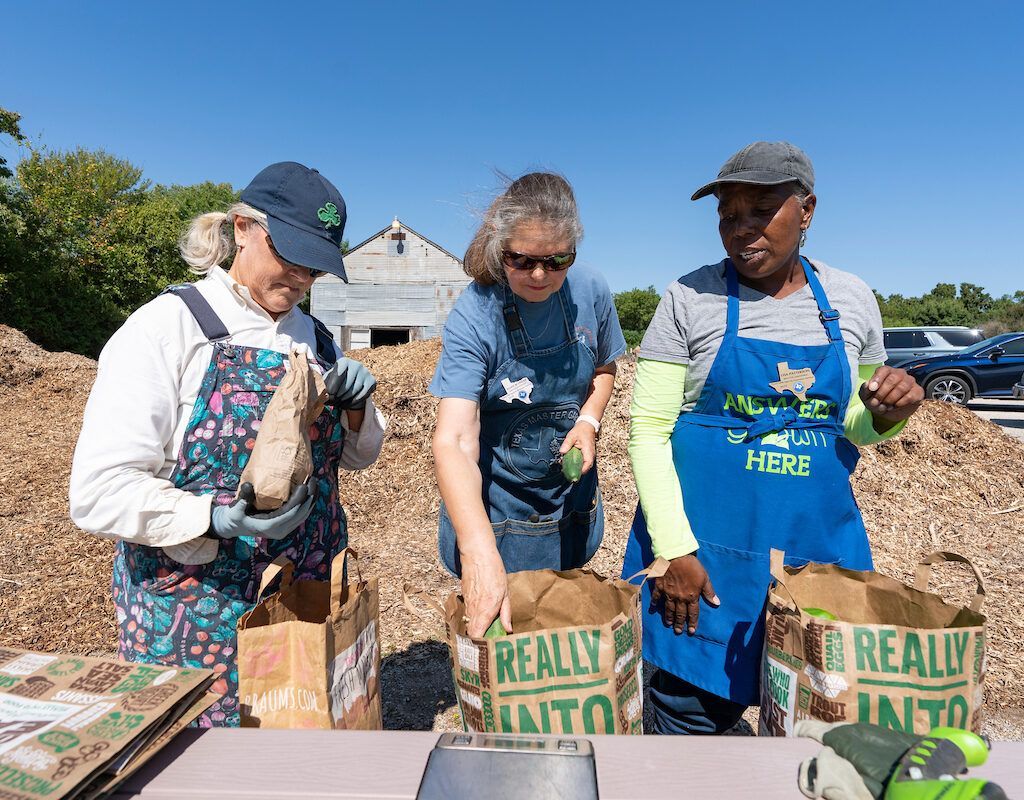
Where to Look
- CleanUP USA – Offers flexible, mobile-based volunteer roles across Texas.
- Texas Health and Human Services – HHS Volunteer Portal
- HeartSupport TX – Peer support programs focused on emotional healing.
Start Small: 2–3 Hours a Week
Research from Texas Tech University shows that volunteering even a few hours weekly can boost mental well-being without adding stress.
Choose the Right Fit
- Align the cause with your personal values.
- Assess your current emotional capacity.
- Avoid overcommitting—start with trial shifts if available.
Maximizing the Mental Health Benefits of Volunteering

To get the most out of your service:
- Pick causes you're passionate about – Avoid activities that feel obligatory.
- Reflect after each session – Journal your thoughts or talk with a support group.
- Set boundaries – If it feels like too much, take a break or reduce hours.
- Combine with other self-care – Volunteering is a
complement, not a substitute for therapy or personal time.
- Know your limits – Emotional awareness helps prevent compassion fatigue.
When to Pause or Stop Volunteering
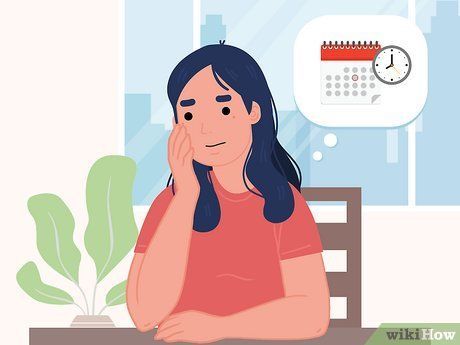
Volunteering should heal—not harm. Watch for:
- Increasing irritability or dread before shifts.
- Physical exhaustion after participating.
- Feeling like your emotional well is running dry.
Track your mental state:
- Keep a mood journal.
- Use stress check-ins weekly.
- Share feedback with coordinators—they can adjust your role or schedule.
If volunteering starts to feel like another obligation, it’s okay to step back and reassess. Burnout recovery is a journey, not a checklist.
Find a Local Opportunity and Take the First Step
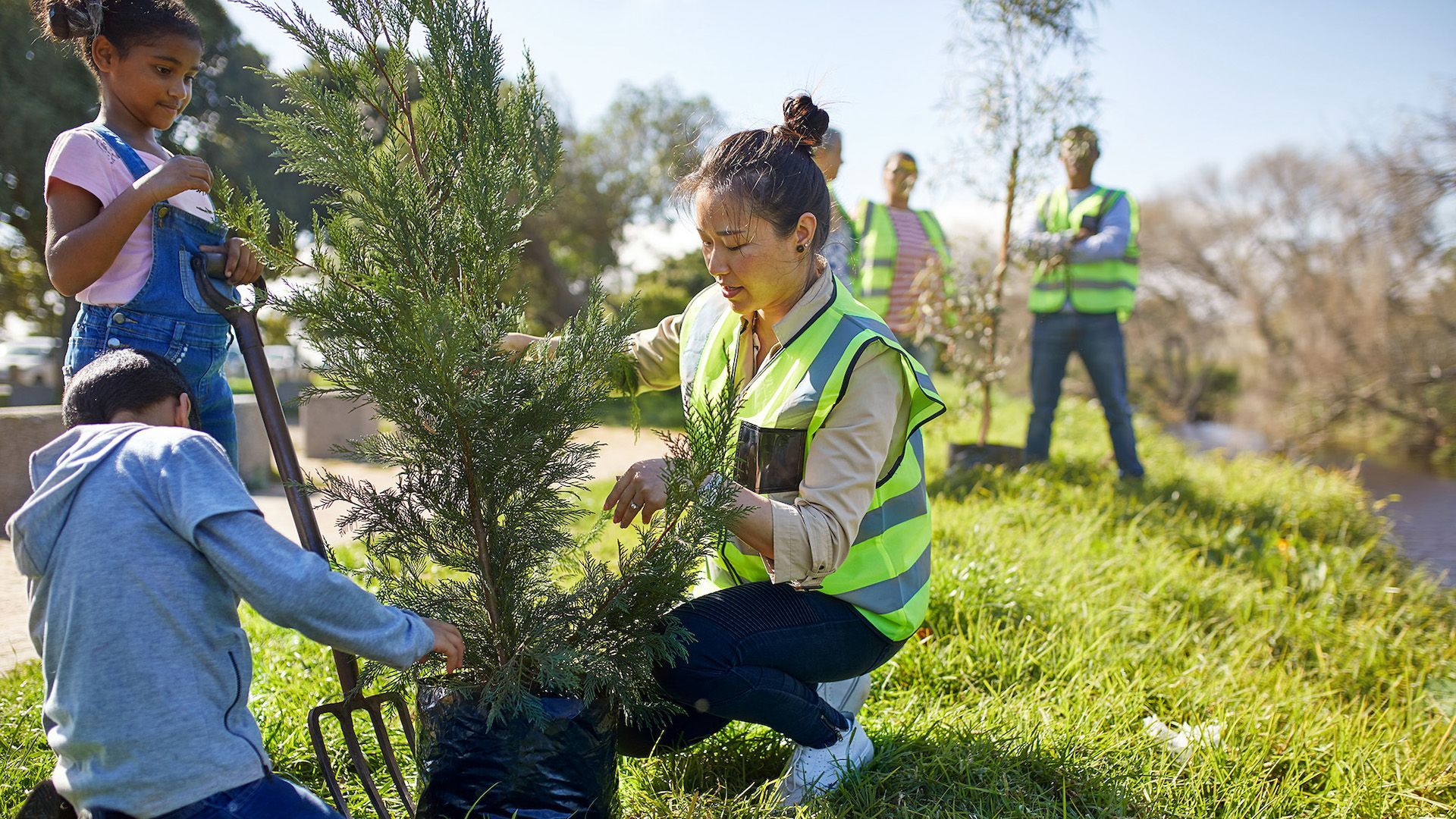
Volunteering offers more than just external impact—it can be a lifeline for your mental health. Whether you're battling burnout or simply seeking a deeper connection to community, taking even a small step toward service can lead to powerful change.
Explore programs like CleanUP USA or Texas HHS and find a local group in your city. One hour, one weekend, one cause—your journey to healing might start with someone else's smile.
Support CleanUP SCAN ME






